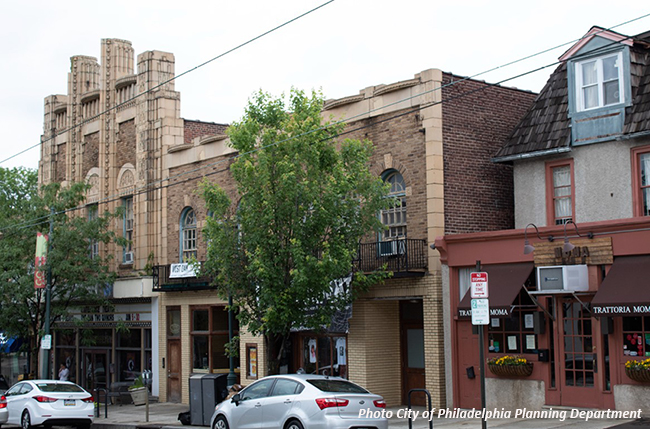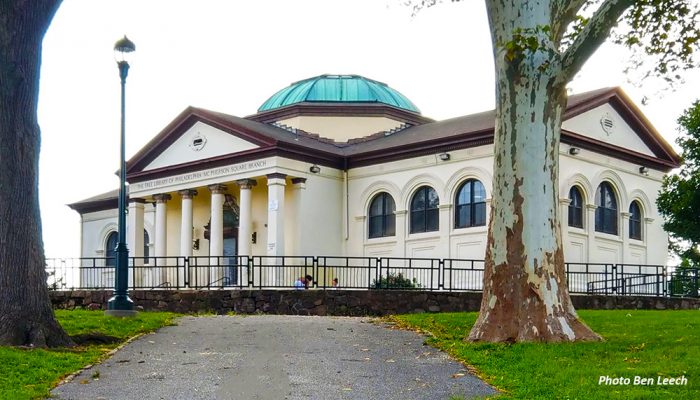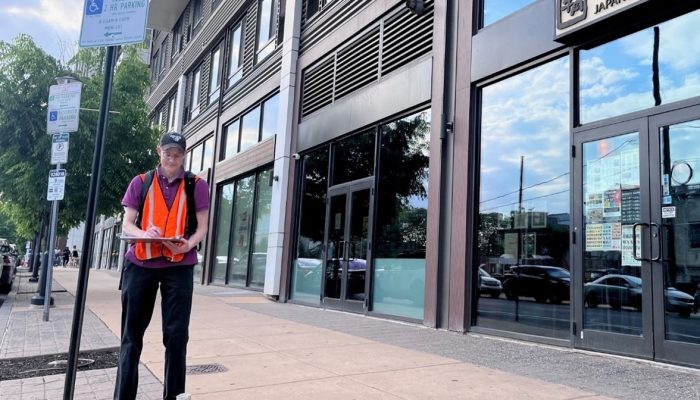In July the Historical Commission added three new historic districts to the Philadelphia Register of Historic Places. They are the Carnegie Library Thematic Historic District, the Automobile Row Thematic Historic District, and the Central Mount Airy Commercial Historic District.
Local historic districts promote community pride and a sense of place. Many U.S. cities and towns have adopted historic districts as parts of their planning, economic development, and historic preservation programs.
Did you know…?
- In 1903, industrialist Andrew Carnegie gave $1.5 million to the Free Library of Philadelphia to build libraries throughout the city. He felt that libraries had the power to create a more equal society. His funding supported 25 new libraries built between 1905 and 1930. Philadelphia has the second-largest collection of Carnegie library buildings in the United States. All 20 surviving buildings are now designated as the Carnegie Library Thematic Historic District.
- North Broad Street was known as “Automobile Row” as early as 1906. It had small and large showrooms, assembly and distribution plants, and parts stores in the earliest years of the auto industry. The Automobile Row Thematic Historic District includes 30 North Broad Street properties built by or for the growing automobile industry between 1909 and 1930. Many of the buildings feature glazed white architectural terra cotta. The district contains the best collection of this building material in the city.
- Central Mount Airy, in northwest Philadelphia, began with a few eighteenth- and nineteenth-century buildings. By the early twentieth century it was a dense commercial area. The Art Deco style defines the district. Colonial buildings are interspersed throughout. Buildings have seen little change over the past 100 years. The Central Mount Airy Commercial Historic District includes 54 properties built between 1885 and 1933.
The Historical Commission has designated 27 historic districts. It is considering other historic district nominations.
Want to stay up-to-date? Sign up for emails from the Historical Commission.




